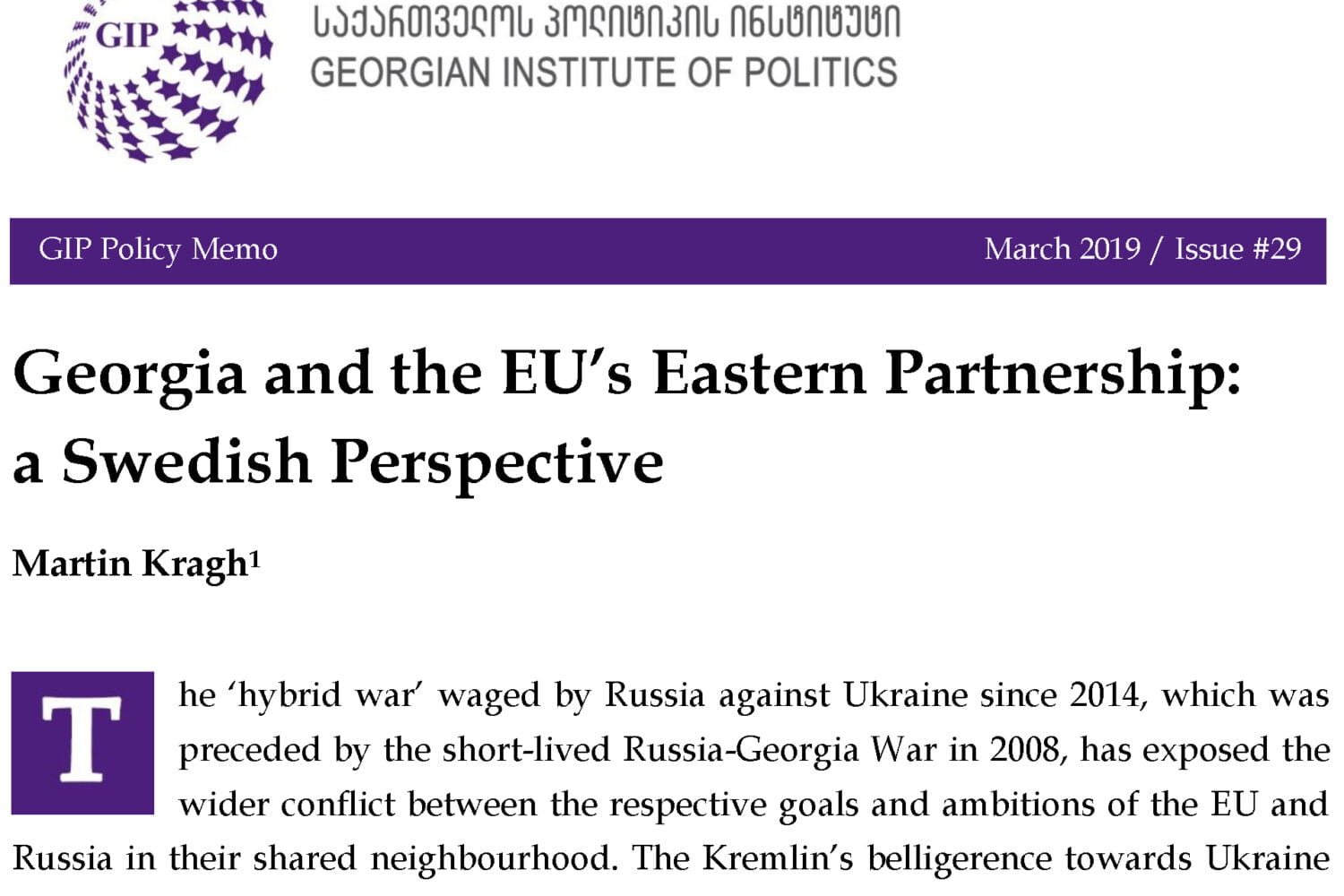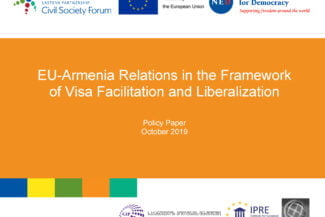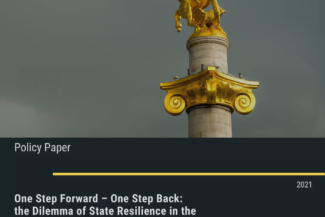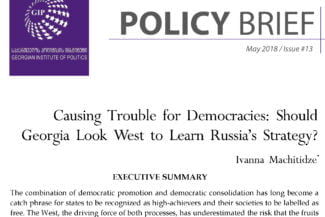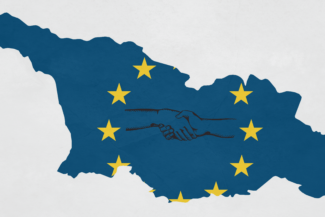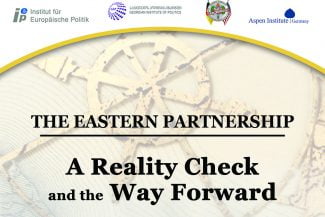04-03-2019
The ‘hybrid war’ waged by Russia against Ukraine since 2014, which was preceded by the short-lived Russia-Georgia War in 2008, has exposed the wider conflict between the respective goals and ambitions of the EU and Russia in their shared neighbourhood. The Kremlin’s belligerence towards Ukraine brought to the fore limitations of the EU’s traditional foreign policy approach – characterized by an emphasis on shared values, international law and norms, and a technocratic approach to reform, and forced EU governments to address the unintended geostrategic implications of the Eastern Partnership program covering Ukraine, Belarus, Moldova, Georgia, Armenia and Azerbaijan.
Sweden’s liberal-conservative government was, together with Poland, one of the architects of the EU’s Eastern Partnership in 2009 – a political vision which was kept alive also by the Social Democrats after they formed government in 2014, and then again after the 2018 parliamentary elections. The Eastern Partnership enjoys broad parliamentary support, and Sweden’s pro-integrationist approach to EU foreign affairs is therefore likely to continue. Notably, Sweden has backed full EU membership as a realistic goal for the Eastern Partnership states; as Sweden’s Minister of Foreign Affairs, Margot Wallström, noted in 2017: ‘the door should be kept open to potential membership for those countries that truly transform.’ In November the same year, Margot Wallström visited Georgia together with the Polish Minister of Foreign Affairs, Witold Waszczykowski, as part of the preparations for the yearly high level meeting on the Eastern Partnership.


